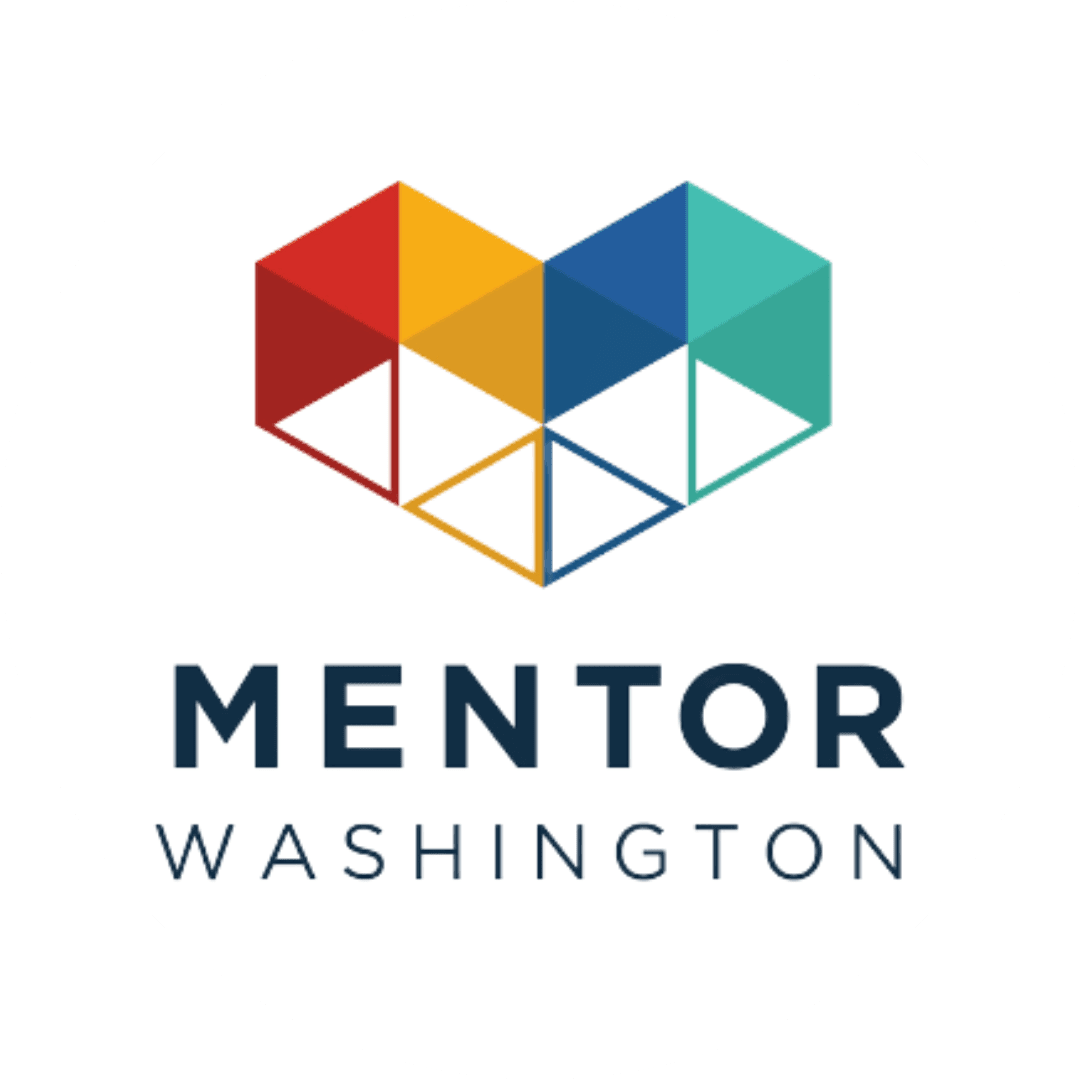2025 Annual Mentoring Conference
Celebrating Our Sponsors

Department of Children, Youth & Families
Since MENTOR Washington's Inception in 2004, DCFY has been a key supporter of mentorship and the mission and vision of MENTOR Washington.
Nurturing Hope for Generations Through Youth Empowerment
In these historic times of uncertainty, there's no better moment to cultivate belonging. As we navigate the complexities of our current social climate, we recognize the profound impact our decisions will have on generations to come. We must listen to and uplift the voices of our youth, empowering them to shape a world that nurtures hope and fosters a just future.
For the last 20 years, MENTOR Washington stands at the heart of this vital mission. We exist to support the mentors who empower and serve the young people of Washington State. We believe in the power of community and collaboration, understanding that it takes a village to raise a child, and a community of mentors to see that village thrive. Our mission is to ignite a movement of mentorship, empowering youth together.
The 2025 annual mentoring conference, "Belonging: Nurturing Hope for Generations, Through Youth Empowerment," is a call to action. It's a recognition that belonging is not just a feeling, but a fundamental need, especially during times of change. Our conference will provide attendees with the "how" and the "why" of building that sense of belonging and connection. Mentees themselves have shared how their mentors have helped them cultivate this crucial feeling of belonging¹.
We'll explore what inclusive and liberatory spaces look like, equipping mentoring and youth development professionals with the tools to create and sustain these vital connections. We'll unpack the importance of fostering belonging and connection amidst uncertainty, understanding that these bonds are the bedrock of resilience and growth.
Youth have always been at the forefront of change. At MENTOR Washington, we believe in amplifying their voices. We are actively creating space and strongly encouraging youth to submit proposals for workshops, ensuring their perspectives are central to this crucial conversation.
¹ Benning, Chelsea and Garringer, Michael. “Who Mentored You?” MENTOR, 2023 https://www.mentoring.org/wp-content/uploads/2023/01/Who-Mentored-You.pdf pg. 41.
Keynote Speakers

Chardonnay Beaver (She/Her)
Chardonnay Beaver is a dynamic storyteller, influential speaker, and author. She’s a proud University of Washington alumna and third-generation media professional. In 2019, she founded Words of Wisdom by Char (WOWbyChar)—an Instagram page turned inspirational column—to encourage authenticity and empower others towards transformation. She self-published her first book, Words of Wisdom: A Compilation of Life Principles, Inspired by Truth & Guided by Purpose, Vol. 1 (2024), along with its companion journal, offering readers a creative approach to personal growth and purpose-driven living.
Chardonnay’s passion for media flourished during her undergraduate years, leading her to establish Chardonnay Beaver Productions (CB Productions). Her articles and photography have been featured in Cascade PBS, The Emerald, The Facts Newspaper – to name a few. In 2024, CB Productions released its debut documentary, Fulfill The Promise: The Rise. The Fall. The Promise., in collaboration with the McKinney Center for Community & Economic Development.
Since the age of 12, Chardonnay has been a passionate advocate and sought-after speaker, inspiring audiences on topics ranging from personal development to cultural equity. She collaborated with the University of Washington, TEDx Seattle University, King County Public Library, Seattle Arts & Culture, MOHAI, YWCA Olympia, Blacks at Microsoft, Pierce County Commission Against Domestic Violence, and Justice for Girls Coalition, among numerous others.
When Chardonnay’s not speaking or creating, she’s likely catching a flight, enjoying brunch with close friends, or cherishing quality time with family.
Book & Journal - Chardonnay Beaver's Amazon Author Page
Social media handle -
TikTok: @wowbychar
Instagram:@chardonnaybeaver
LinkedIn: @ChardonnayBeaver
Facebook: @ChardonnayBeaver

Camille Hutton (She/Her)
Camille Hutton is a powerhouse of compassion, leadership, and purpose. A proud senior at Manson High School in Lake Chelan, Washington, Camille brings heart and hustle to everything she does. Whether she’s spiking volleyballs, lifting in the weight room, leading school clubs, or hiking outdoors—she does it all with an unstoppable energy and a deep care for others.
Camille is a dedicated youth leader with a passion for education and community. She serves in impactful organizations like Hope Squad, Interact Club, and coaches a local youth volleyball team—making sure that every voice is heard and every person feels valued. Her drive to give back to her community comes from a place of gratitude and love.

